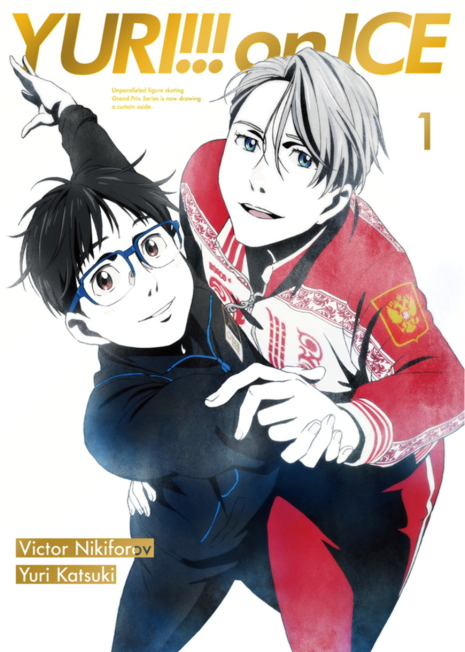I really like dystopian fiction. Whether old classics like Brave New World or more recent YA blockbusters like the Hunger Games trilogy, I think it tends to provide piercing commentary on modern-day issues, no matter how far in the future the story is set. Their power comes not so much from accurate predictions about how our future will be, as from the scary ways that we can see these dystopian scenarios already playing out in the current world around us. For instance, if you apply Hunger Games to today’s world, you’d see that we in the developed world are the Capitol, the developing countries and poorer parts of our own countries from which we extract cheap goods and resources are the Districts, child labor is the Hunger Games, and of course, media manipulation is ever-present, keeping us complacent (and this is just one interpretation).
The thing is, though, I don’t find the literal scenario of a power-hungry dictator forcing children to fight each other to the death for the entertainment of elites to be very likely to ever happen, at least not in the United States. And the more likely I find a dystopian story to be, the scarier and more poignant I find its message.
There is one dystopian YA novel that is becoming a more and more accurate prediction of our future every day. And that’s because the “bad guy” is not a reductio ad absurdum oppressive government regime, but something I find even scarier: corporate control.
Before checking out the rest of the post below, I beg you to go read M.T. Anderson’s Feed, not just because I’m going to spoil it, but because it should seriously be required reading for, well, everyone. Finished? Shaken? Good. Let’s go.
 Continue reading →
Continue reading →










